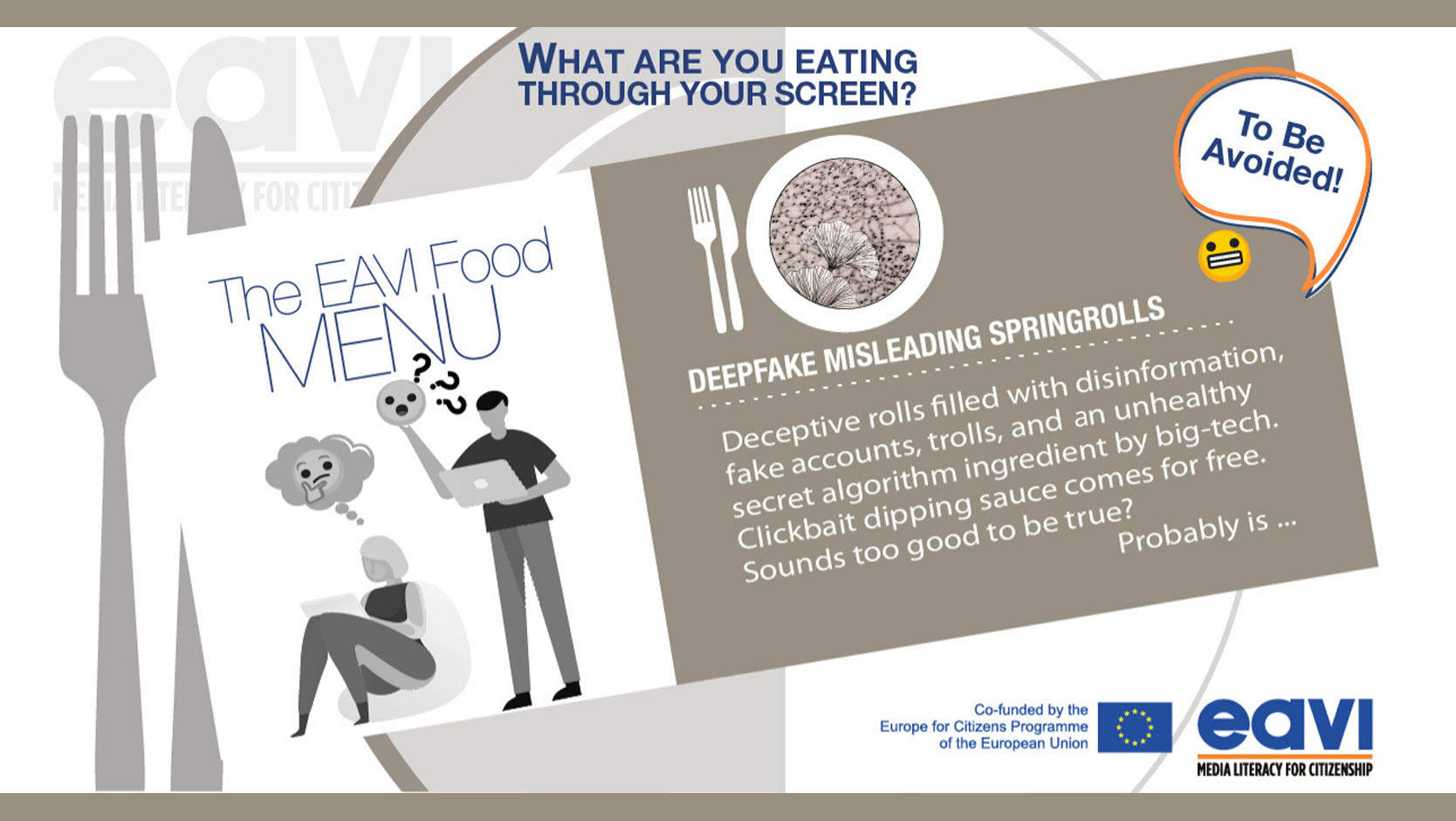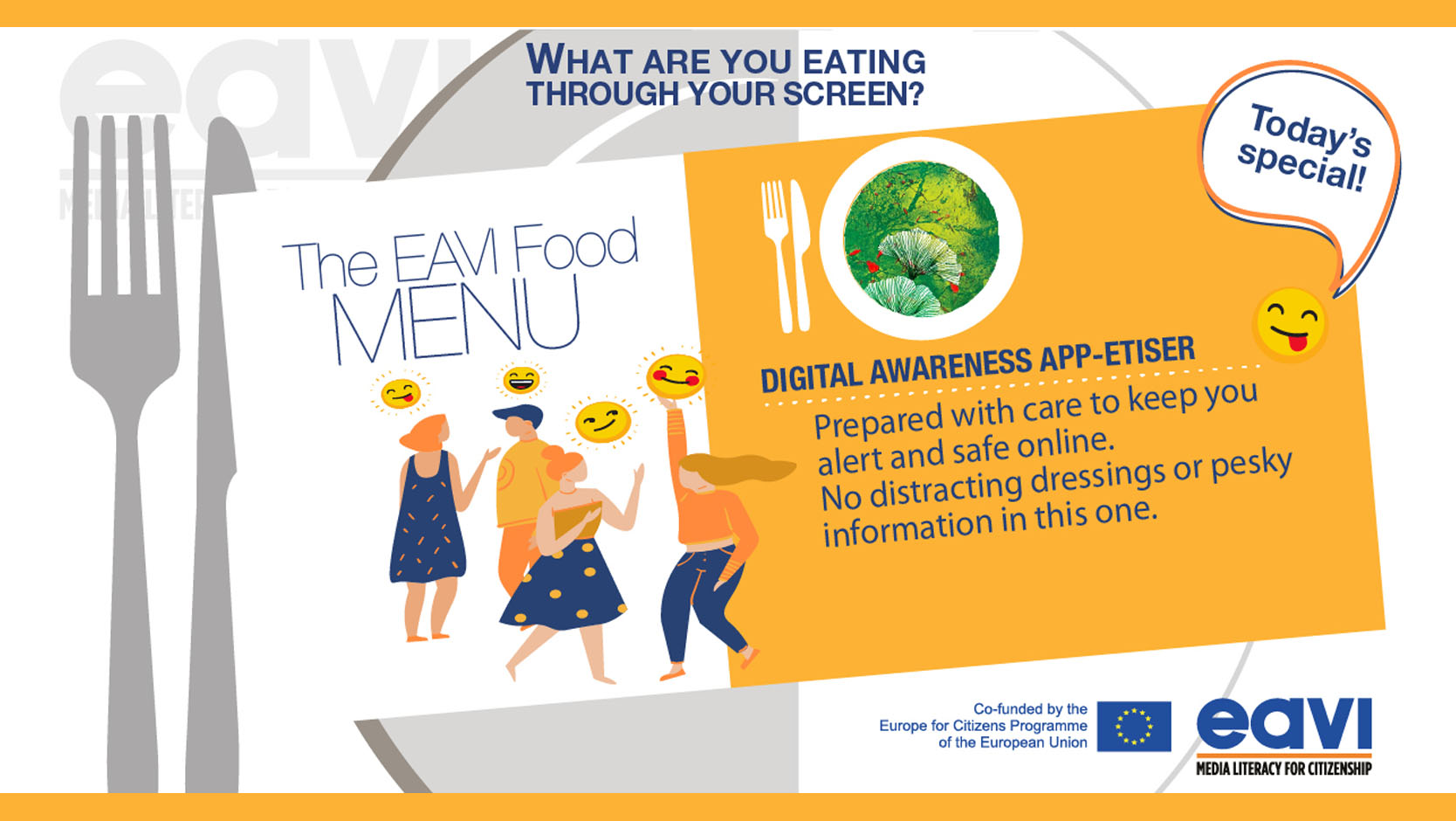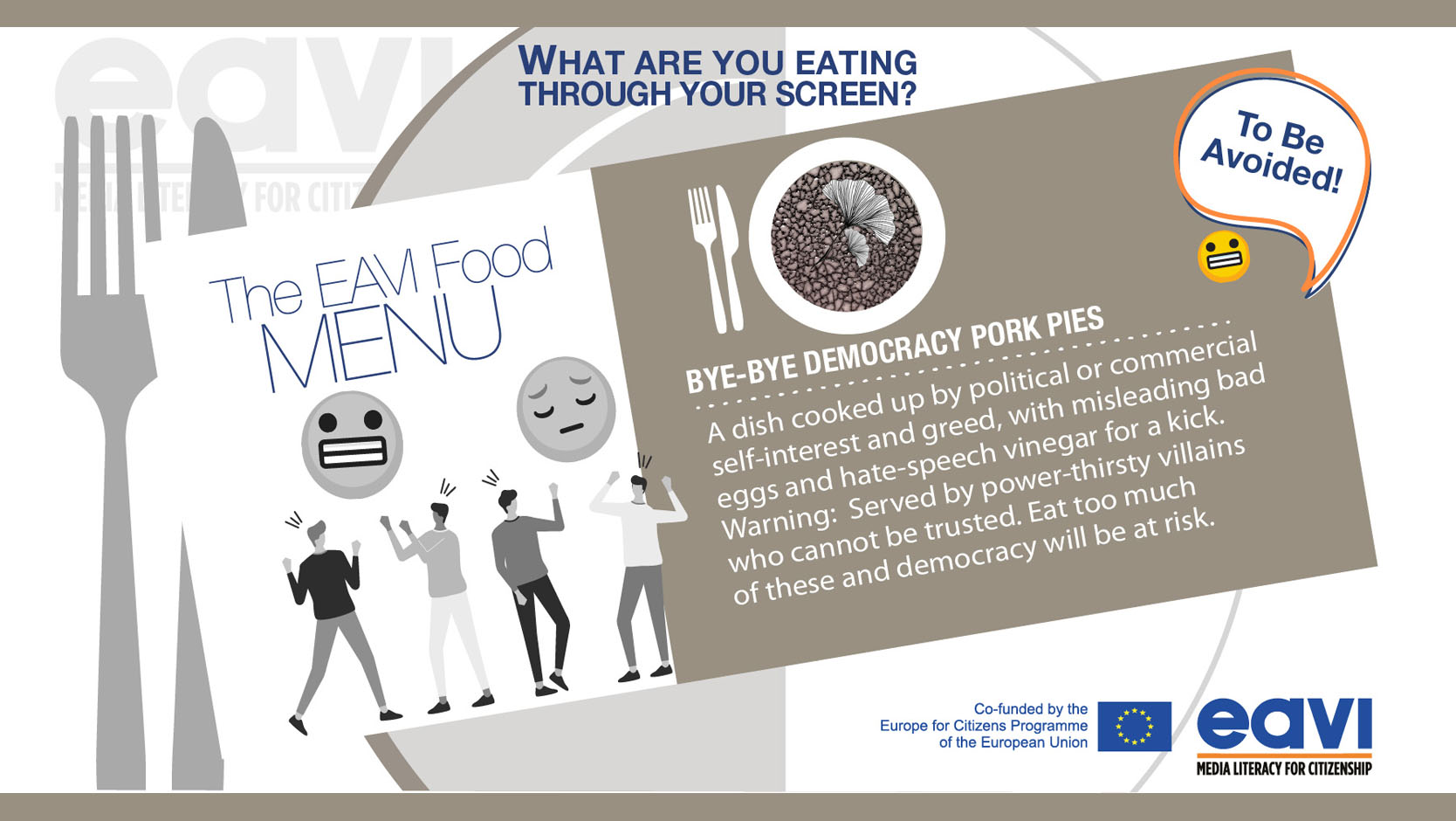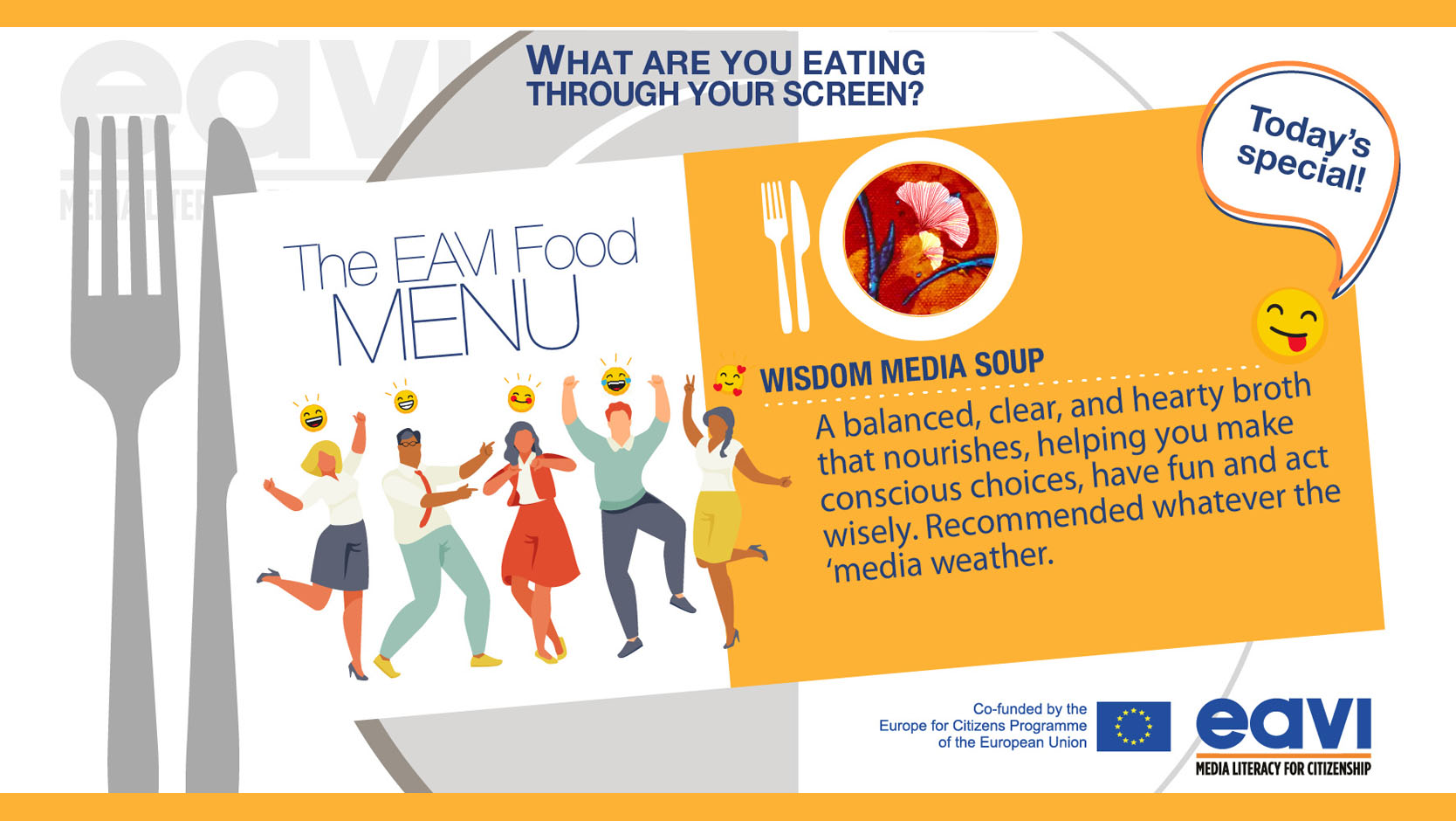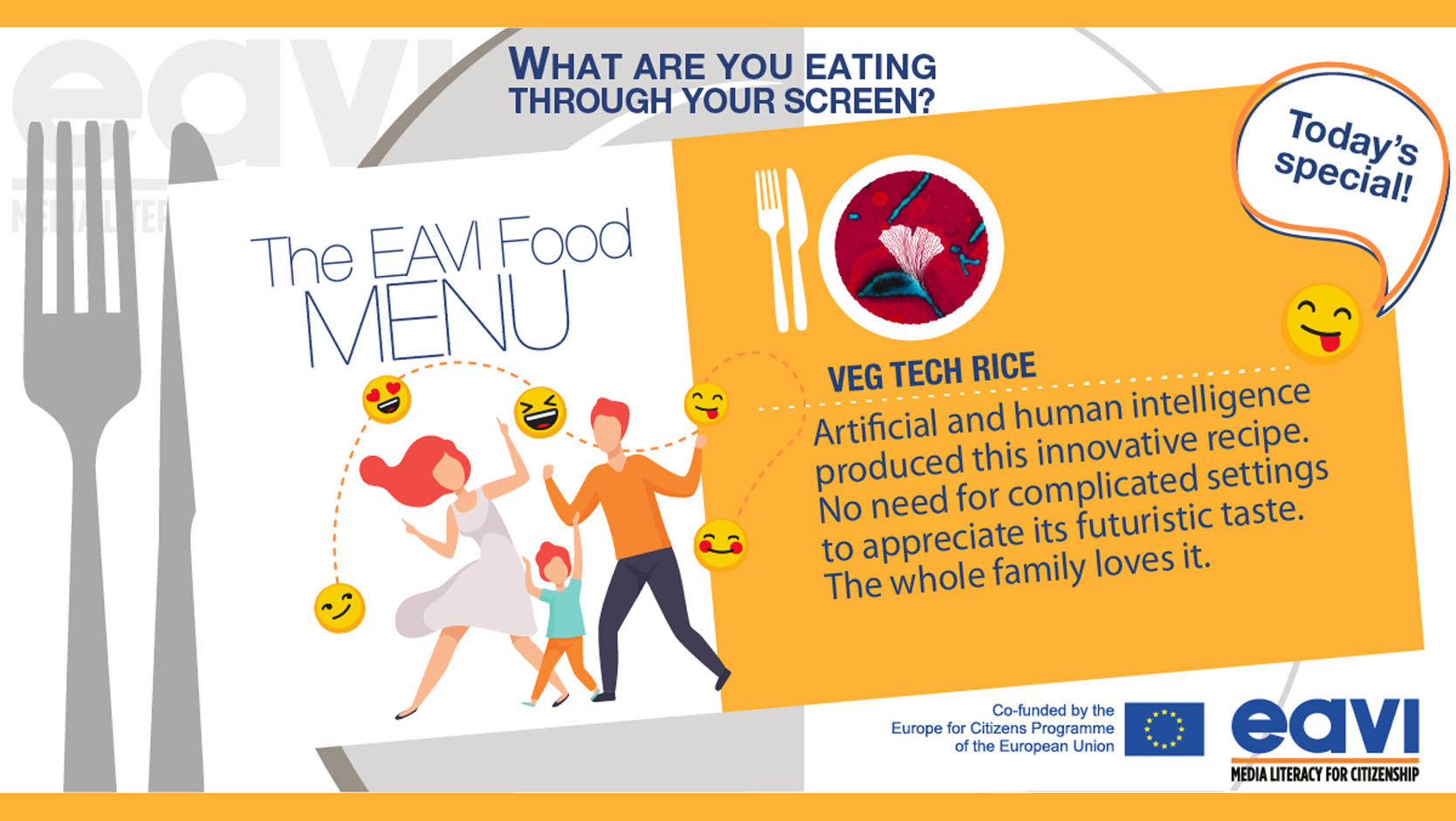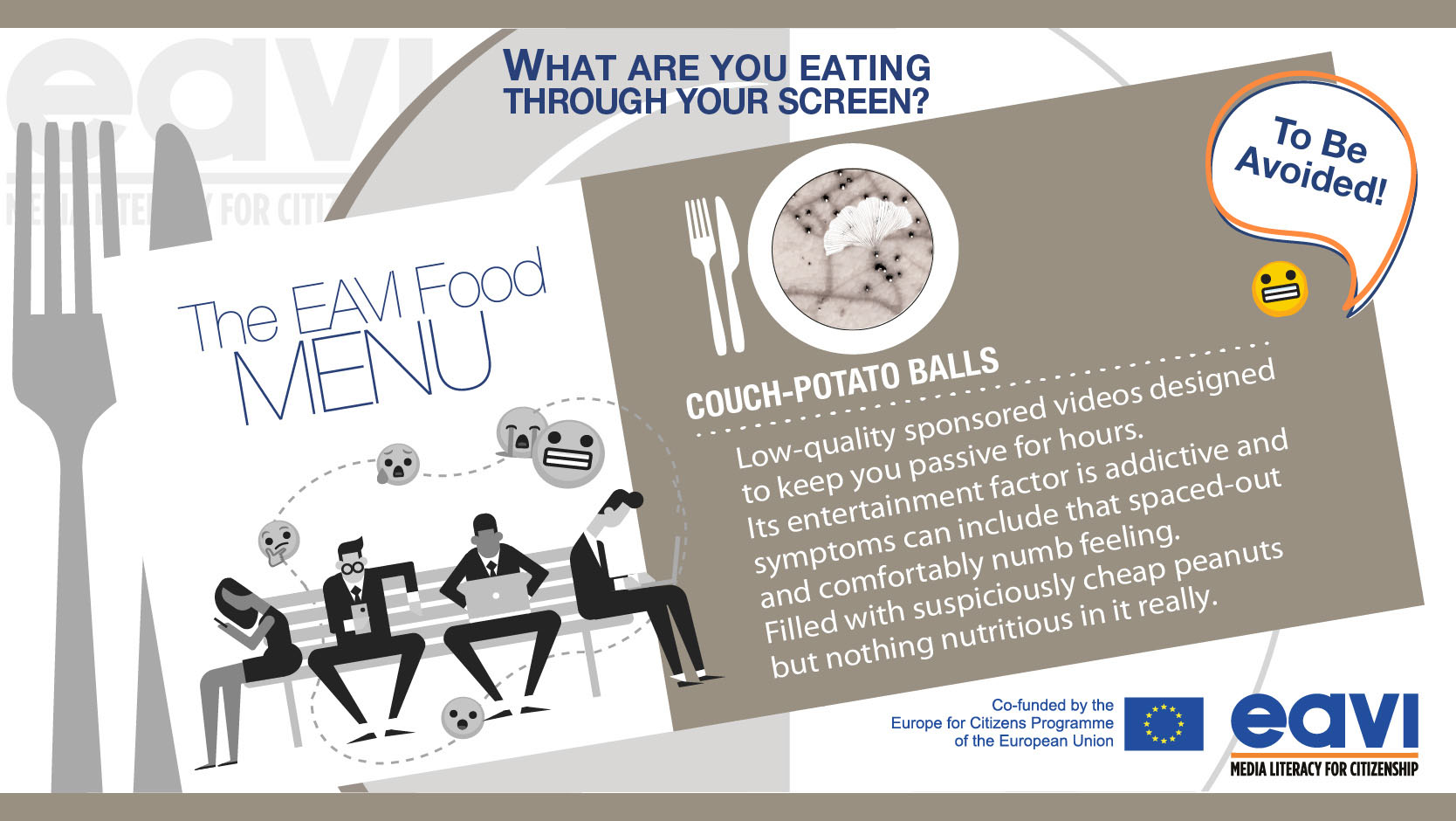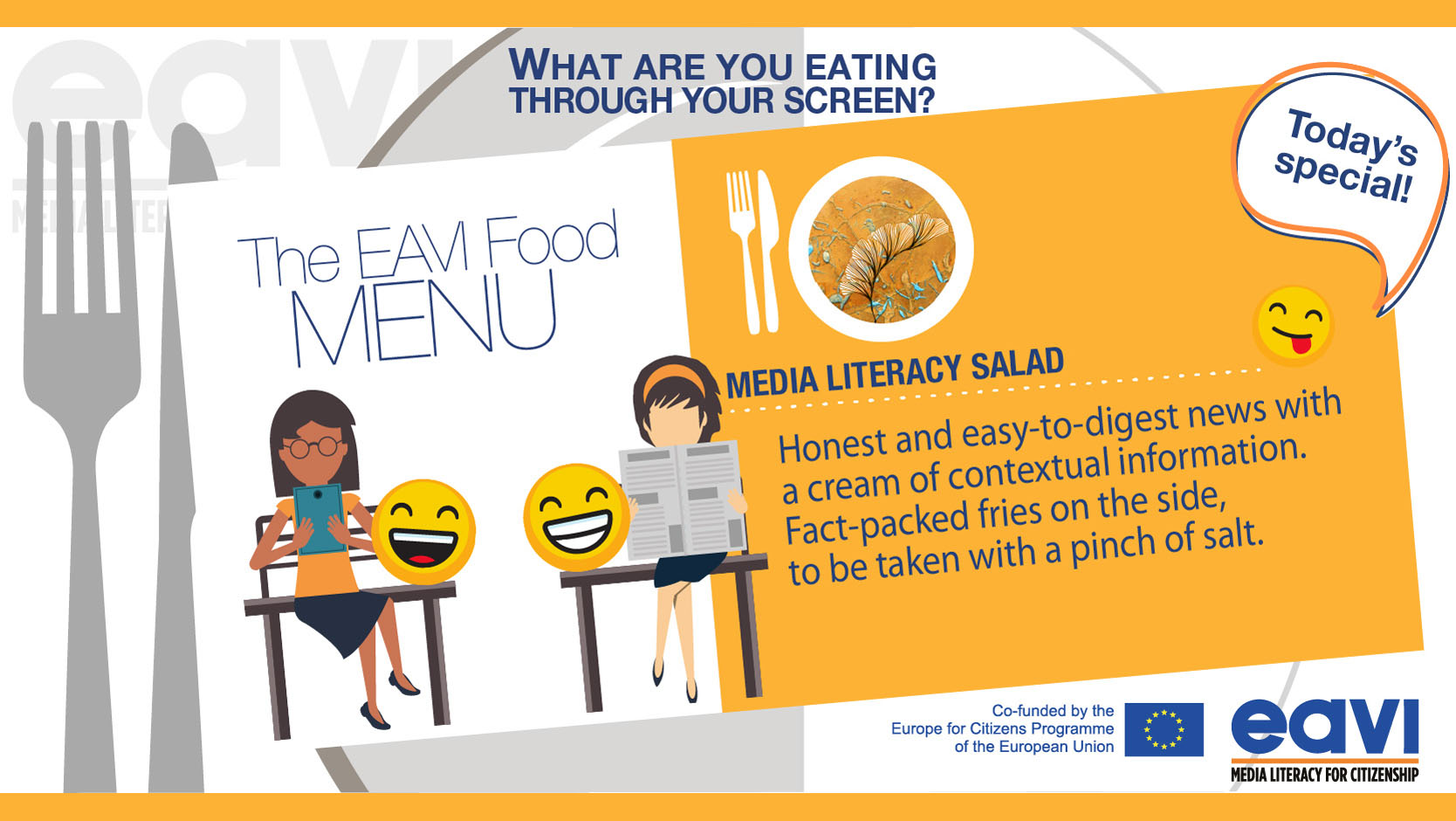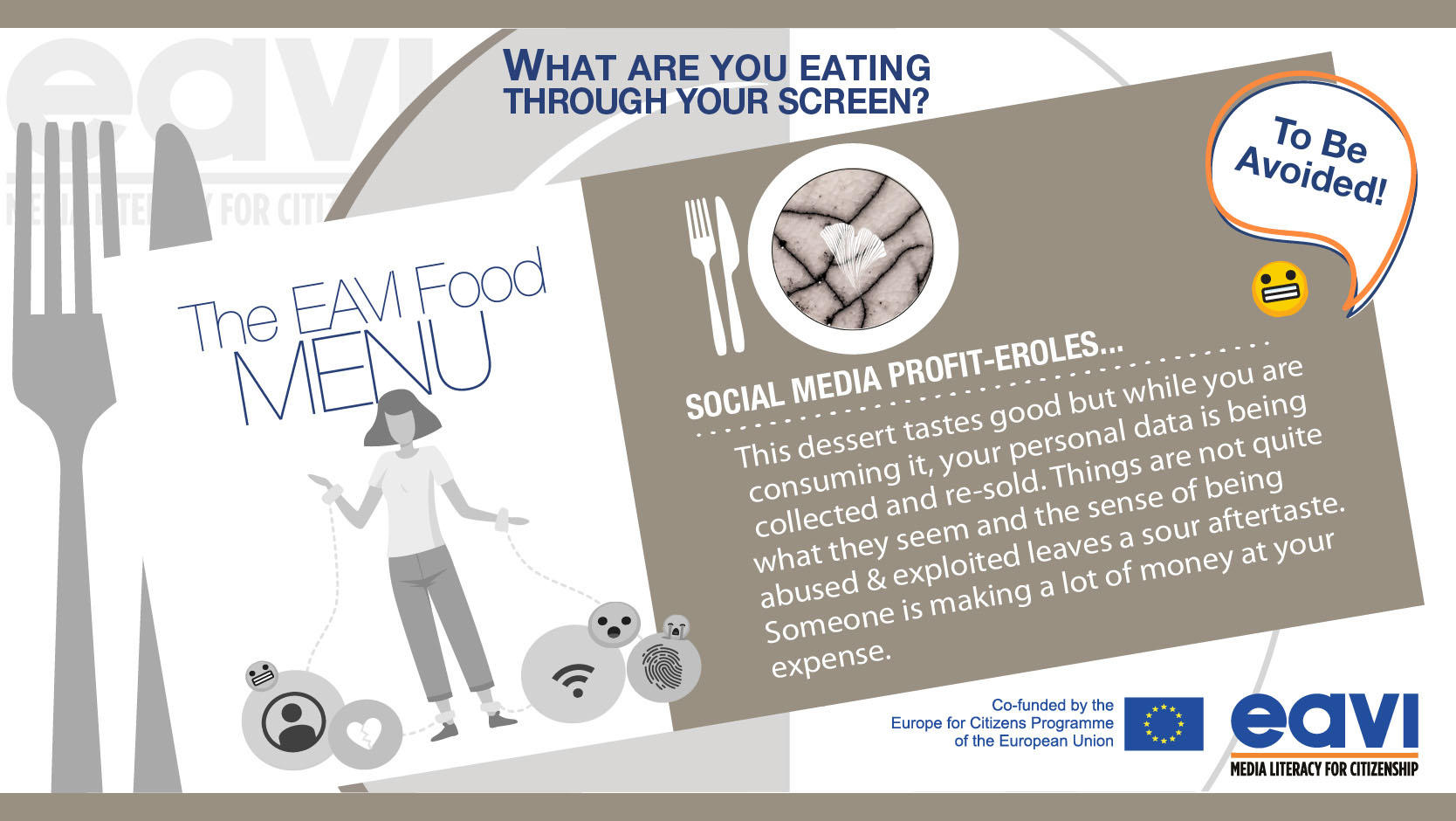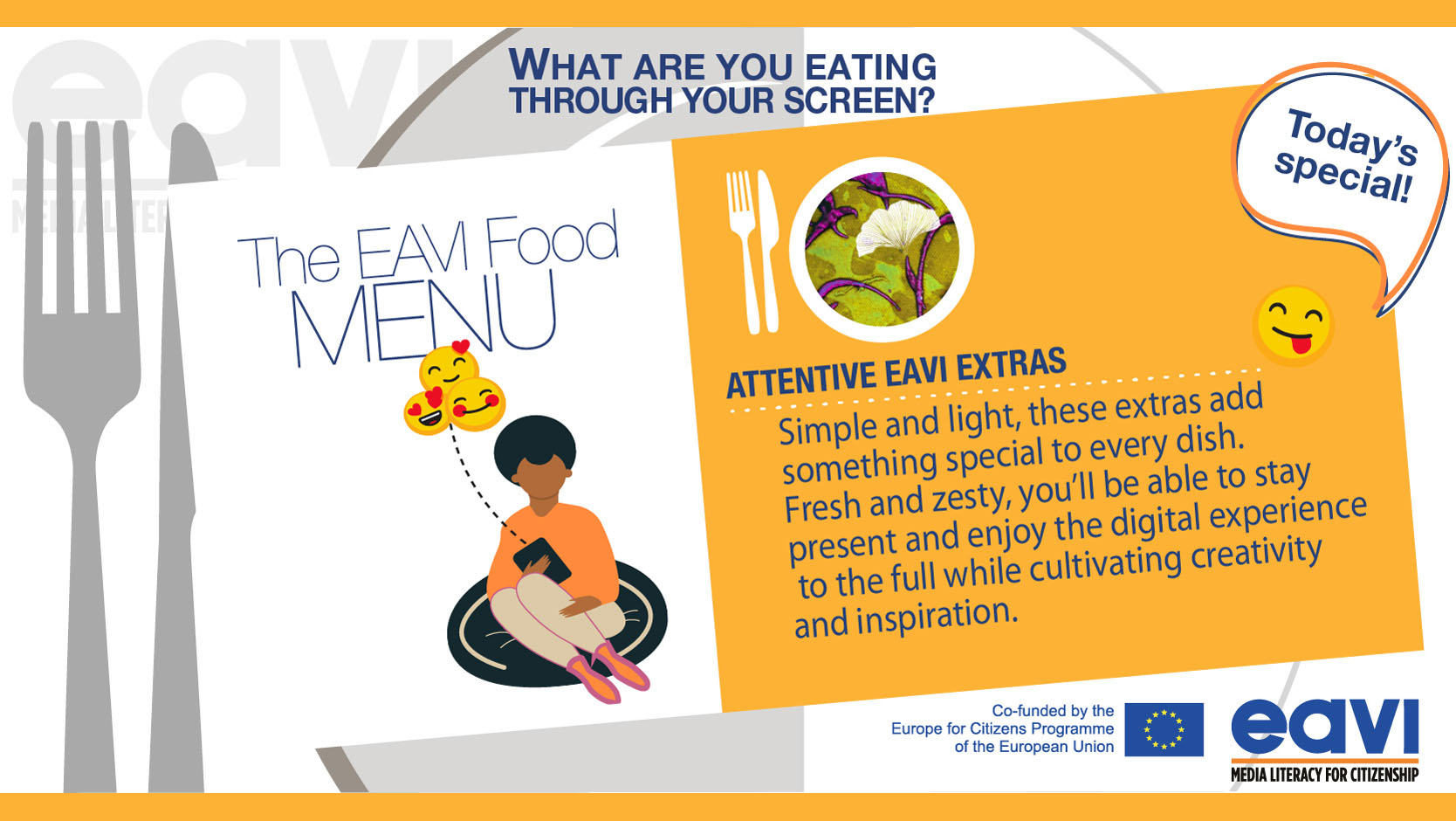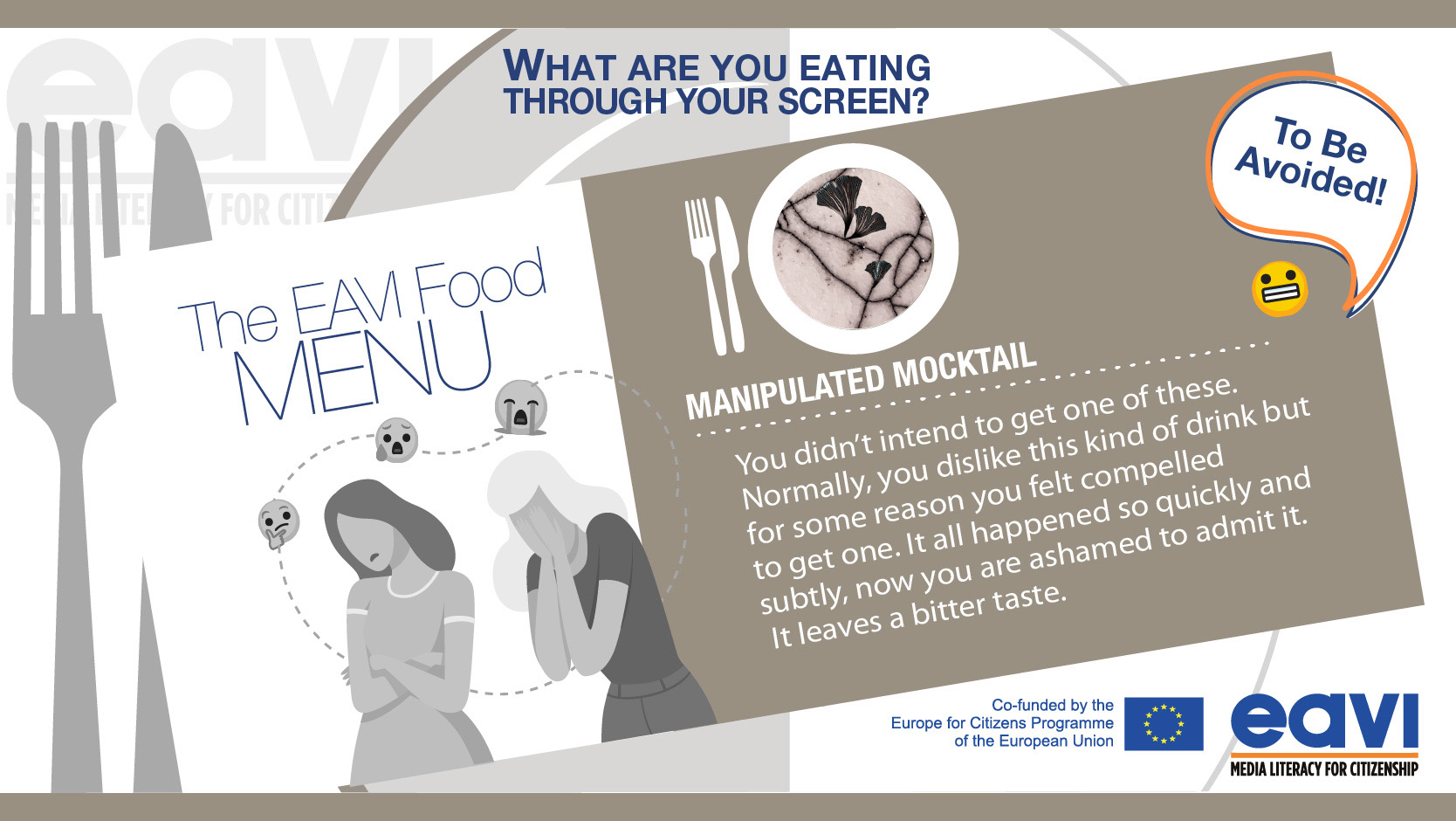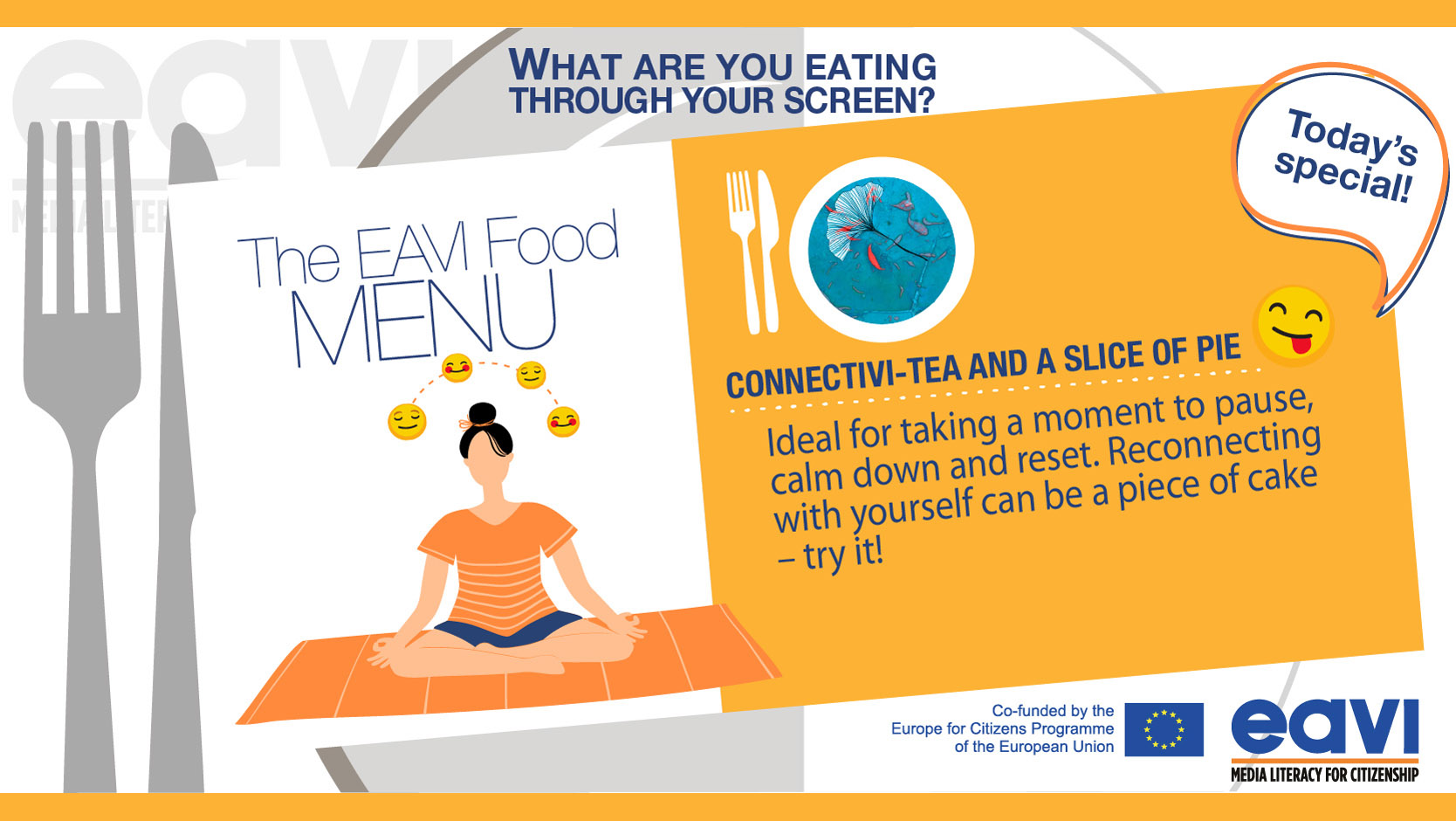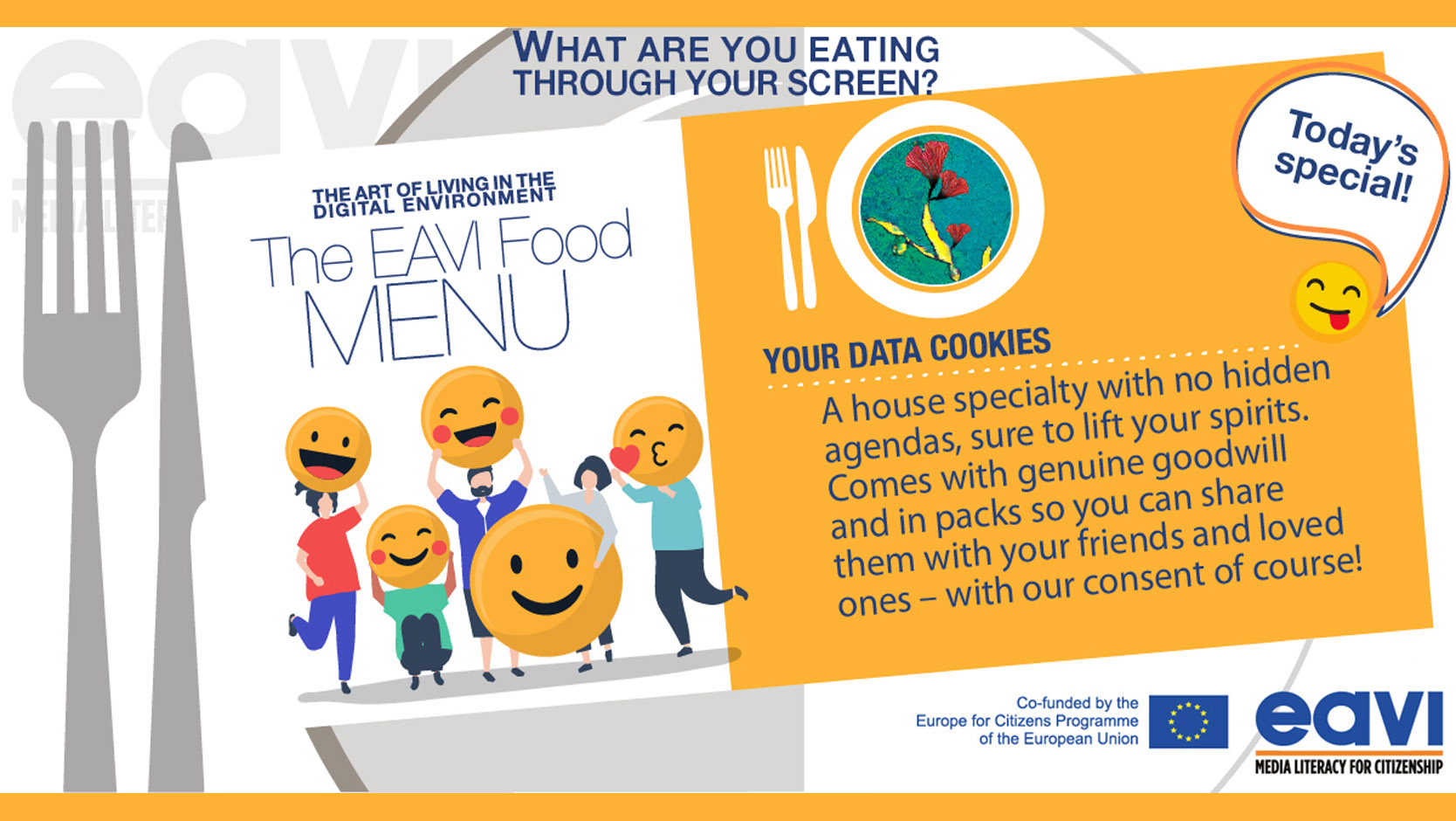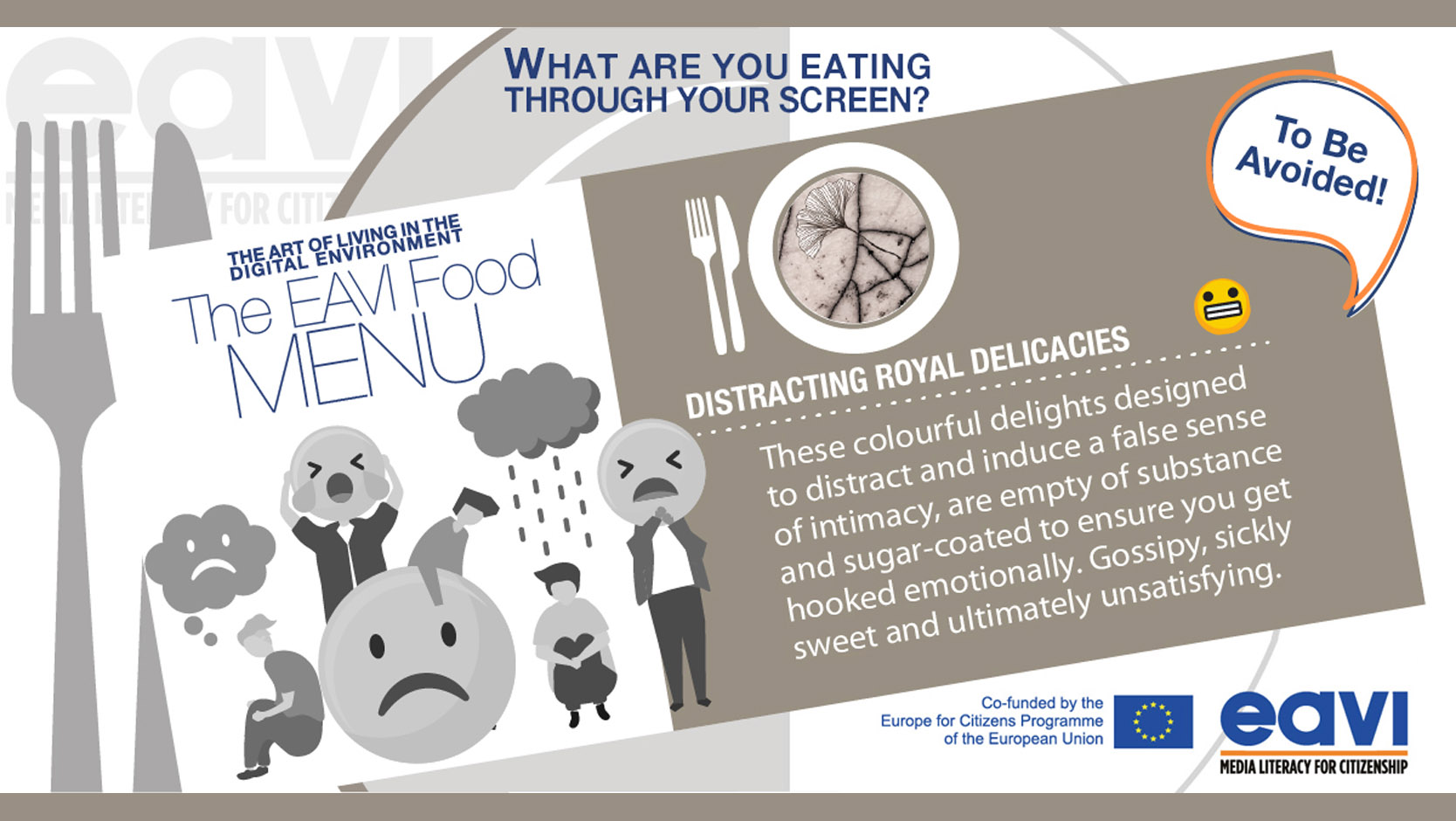
These colourful delights designed to distract and induce a false sense of intimacy, are empty of substance and sugar-coated to ensure you get hooked emotionally. Gossipy, sickly sweet and ultimately unsatisfying.
Fake news, emotional effects of social media, gossip spread, “dead time” spent on content, attention industry
An important amount of mediatic content is created with the sole purpose of keeping you hooked. There can be different reasons behind this mechanism, like advertising or propaganda. The important thing to keep in mind here is that this kind of content is made in a way that it grabs you by the emotions, making you feel angry, sad or excited for example.
Let’s have a look at an example.
OPINION: In their interview, Harry and Meghan said the British tabloid press exercises “a level of control by fear” on the royal family.
— POLITICOEurope (@POLITICOEurope) March 16, 2021
The tabloid press, with its outsized political and social power, plays a large role in propagating racism in Britain. https://t.co/tEBzRicsO4
How Meghan disrupted ‘invisible contract’ between royals and press https://t.co/xRCfh4FnrQ
— The Guardian (@guardian) March 13, 2021
"I just didn't want to be alive anymore."
— The New York Times (@nytimes) March 8, 2021
Meghan, the Duchess of Sussex, told Oprah Winfrey that life in the British royal family was so unbearable she contemplated suicide, and that there were talks within the family about her son Archie’s skin color. https://t.co/eXDjnoG3Dx
Resources
1: Aagaard, J. (2015). Media multitasking, attention, and distraction: a critical discussion. Phenomenology and the Cognitive Sciences, 14(4), 885-896.
2: Purvis, A., Rodger, H., & Beckingham, S. (2016). Engagement or distraction: The use of social media for learning in higher education. Student Engagement and Experience Journal, 5(1).
3: Marwick, A., & Lewis, R. (2017). Media manipulation and disinformation online. New York: Data & Society Research Institute.

